
In Nigeria, the issue of who you’re begins with where you’re from and whose gods (God) your people worship. Even before your name is spoken, somebody has already asked, “Do you believe in Christianity or Islam?” and “Where are you from?” The questions, as seemingly harmless as they appear, carry the weight of a nation still struggling to accept what it means to be Nigerian.
For over a century, Nigeria has attempted and failed to unite the people enclosed within its borders. Tribe and religion, two extremely personal aspects of identity, have been employed as tools of division. They range from employment to political ambition, from violence to mere suspicion. While other nations have succeeded in building a national identity around shared purposes, Nigeria remains a country of diverse ethnicities, including the Hausa-Fulani, Yorubas, Igbos, Ijaws, Tivs, and Kanuris. Christians and Muslims. Northerners and Southerners. One Nigeria in name, but not in spirit.
It is not simply history — it is our current, ongoing reality. With every election come and gone, with every burnt church and rioting town, with every increasing distrust across the Middle Belt and Southeast, there is one fact: Nigeria has not been built into a nation. And until we confront the role that religion and tribe have played in this failure, we will continue to bandage over a national wound never afforded the chance to heal.
The Making of Nigeria
Nigeria was never envisioned to be a nation. In 1914, the British colonial government forced the Northern and Southern Protectorates into a unified administration. It was an economic union, not by any shared culture or political aspiration. There was no deliberation, no consensus, no recognition of the distinct people who were to be united under a single flag. Lord Lugard, the British governor who oversaw the amalgamation, notoriously called Africans “children” who needed to be controlled. His Nigeria was meant to be manageable, not united.
The British used a policy of divide and rule from the beginning. In the North, they maintained Islamic emirates and indirect rule, allowing local power structures to remain intact. In the South, particularly among the Yoruba and Igbo, they instituted direct colonial control and Western education. These differences laid the ground for unequal development. In 1960, at independence, Nigeria was already uneven — the North had men, while the South had schools, roads, and a developing elite.
The seeds of mistrust were planted. The colonialists constructed a country where regions battled rather than cooperating, where religion and ethnicity dominated opportunity. Independence failed to change that. Instead, it revealed the bare threads holding the country together.
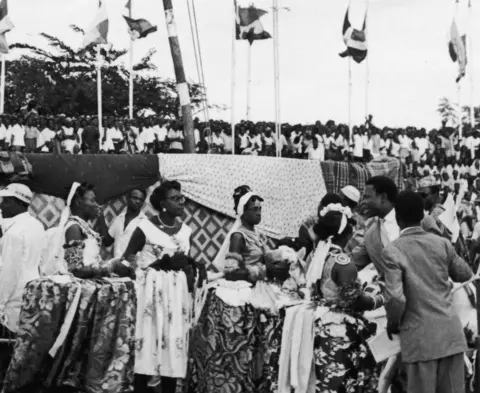
Faith as Identity, Not Belief
In Nigeria, religion is not a question of spiritual conviction; it is an identity marker. Religion also serves as a surrogate for tribe here, especially in urban areas where ethnic divisions are less pronounced. The Christian from the South and the Muslim from the North can even speak English to each other, but assumptions, stereotypes, and history mediate their entire encounter.
This spiritual divide has been bloodied. The Maitatsine uprisings of the 1980s, the Sharia furore of the late 1990s, the perpetual clashes of Jos and Kaduna, the terrorism of Boko Haram — all these incidents belie the distrust between the two biggest faiths in the country. In some places, people cannot buy property, run for office, or even live peacefully because they just so happen to be members of the “wrong” religion.
The line between politics and religion is thin. Churches and mosques are battlegrounds for campaigns. Politicians freely call upon the religious to vote or make apologies for actions. Pastors and imams, in turn, endorse candidates, bless evil, and further divide. Religion, instead of producing hope or morality, has become political.
Tribe Before Nation
Nowhere is tribalism more prevalent than in Nigeria. It’s not so much an issue — it is the country’s greatest wound. National identity is supplanted by ethnic allegiance at nearly every tier of society. One is Igbo, Hausa, Yoruba, or one of more than 250 others before they are Nigerian. That allegiance decides with whom individuals get married, vote for, trust, and fear.
The most disastrous was the Nigerian Civil War, also known as the Biafran War. When the Igbo tried to escape in 1967 following pogroms in the North, the country slid into a brutal three-year civil war. Over a million, most of them civilians, lost their lives. That conflict was not fought for oil or domination — it was waged because of a deep-seated belief that some would never feel at home in a country that did not want them to stay.
Tribalism has since merely intensified. Every serious political race is an ethnic game of chess. Zoning agreements, federal character, and rotational presidency are all ways to cage tribal tension, not end it. These manoeuvres quietly accept that the unity of Nigeria is fragile and dependent.
Appointments to the key positions are not on merit but on provenance. The police, the army, even the civil service, have all been criticised as being biased towards particular groups. This sense of exclusion leads to resentment, which in turn leads to discontent. Politicians stoke these embers to get votes, knowing that in Nigeria, tribe is the ultimate currency.
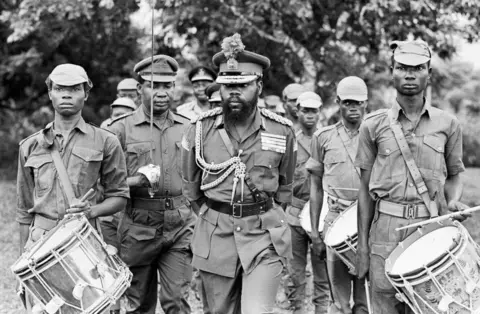
The Mirage of “Unity in Diversity”
Nigeria’s national slogan asserts “Unity and Faith, Peace and Progress,” but the average citizen doesn’t notice much of a difference. Government initiatives, such as the National Youth Service Corps (NYSC), unity schools, and quota systems, were intended to promote unity, but their impact is mixed. Many NYSC corps members are assigned to states where they face discrimination, alienation, or even brutality. Unity schools have no visible funds—quotas amount to applying band-aids to bullet wounds.
We parade the national anthem and wave the flag in football stadiums, but such symbols crumble under scrutiny. When crises erupt — be it herder-farmer clashes in Benue, banditry in Zamfara, or Southeast protests — citizens retreat into ethnic enclaves. Social media is a war zone of insults, suspicion, and identity politics.
A Nation Fractured by Identity
The political class now exists in a state of division. Campaigns are not necessarily about policy or ideas. They are more about who can mobilise “their people.” Religious and ethnic referendums often characterise Nigerian politics. People are told to protect “our own” from “them.”.
The 2023 general elections laid this bare. In Lagos, ethnic violence broke out over the candidacy of a presidential aspirant from the Igbo tribe. In the North, Christian leaders cast their narratives as Christian domination or Muslim exclusion. Even on social media, voters are divided along tribal and religious lines. It was clear that Nigeria’s democracy is not just young, it is weak because it is divided.
Behind the speeches and headlines, human beings bleed. Villages have been overrun and men and women massacred by heavily armed militias, often reportedly targeting communities on ethnic or religious grounds in Benue, Plateau, and elsewhere in the Middle Belt. In the Southeast, military suppression of secessionist unrest tends to hit civilian innocents. In the North-East, Boko Haram continues to kill, abduct, and terrorise, in most instances under the guise of religion.
Mistrust permeates ordinary life. Parents tell children not to marry across tribal lines. Job candidates drop names for more acceptable ones. Students applying for scholarships are turned down because they are not “indigenes” of the state. Behind the polite smile lurks a repressed dread that somebody thinks you’re the other.

There are glimmers of hope. There are interfaith initiatives, youth demonstrations like #EndSARS, cultural syntheses, and the emergence of pan-Nigerian movements, suggesting that a new generation is trying to move beyond past divisions. These urges are fragile. The institutions of the state — the judiciary, the police, and the legislature — must step up with fairness and equity if unity is to have any meaning.
Oneness and similarity are not the same. Oneness is respect and sharedness. However, first, Nigeria must face the reality: it has never been truly united. Only from that position of honesty can a real conversation begin.
Nigeria’s problem is not that it is too diverse. Nigeria’s problem is that it has not developed a system that allows diversity to thrive. Tribe and faith will always be a part of us, but they cannot be used as weapons any longer. Until Nigeria can look beyond what divides it, the idea of one nation will remain an ideal.
Read: Malian President Assimi Goïta Visits Russia to Hold Discussions on Bamako–Moscow Relations
About The Author
Related Articles
Trump’s Greenland Threat Forces Europe to Taste the Logic of Western Colonial Power
It rarely begins with soldiers. More often, it begins with a sentence,...
ByWest Africa WeeklyJanuary 21, 2026Tinubu Government Claims Intelligence Cooperation With the US, Yet New York Times Publishes Conflicting Story Following $9 Million US Lobbying Effort
When the New York Times published its investigation suggesting that claims from...
ByWest Africa WeeklyJanuary 19, 2026Mali’s Transition Leader Attends Swearing-In of Guinea’s President Mamadi Doumbouya
Mali’s President of the Transition, General Assimi Goïta, represented the country in...
ByWest Africa WeeklyJanuary 19, 2026Niger’s Security Forces Record Major Gains Against Armed Groups
Niger’s Defence and Security Forces have reported significant results following a week...
ByWest Africa WeeklyJanuary 19, 2026





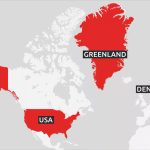
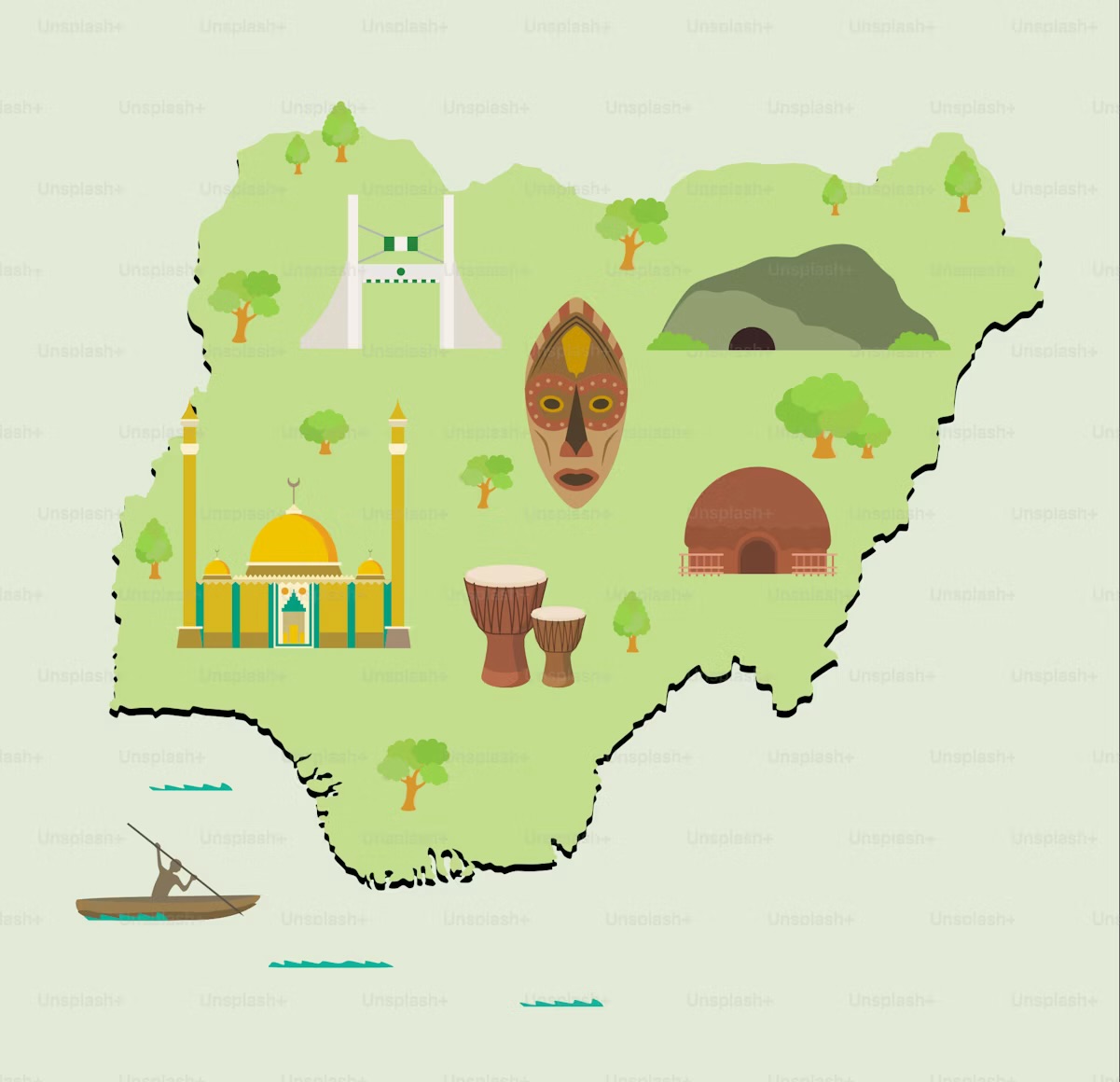

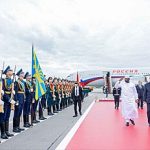
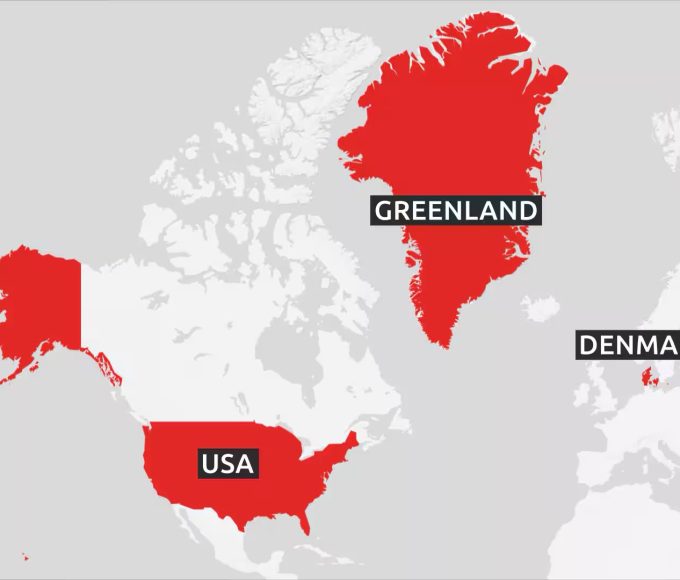
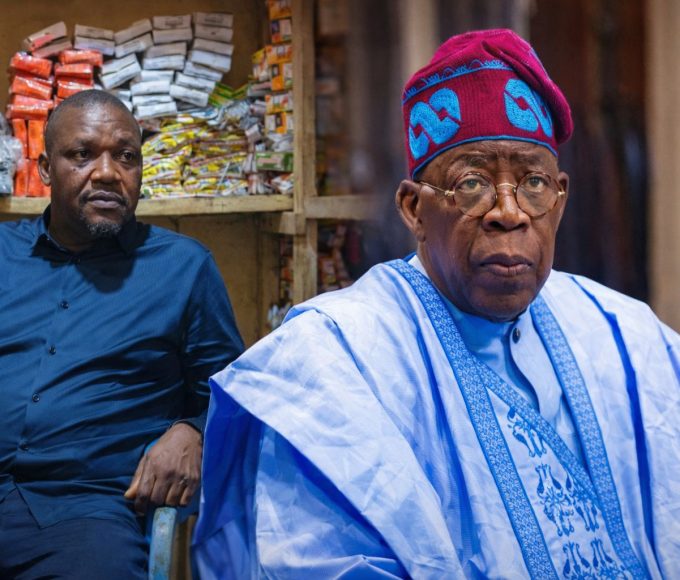

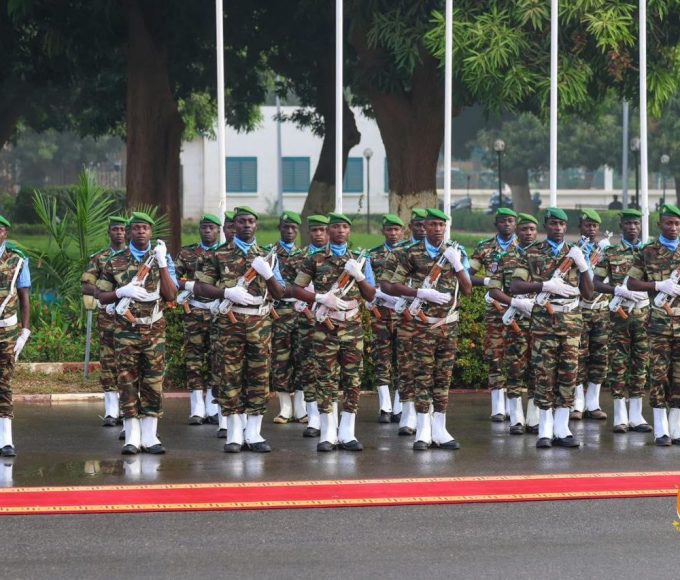
Leave a comment